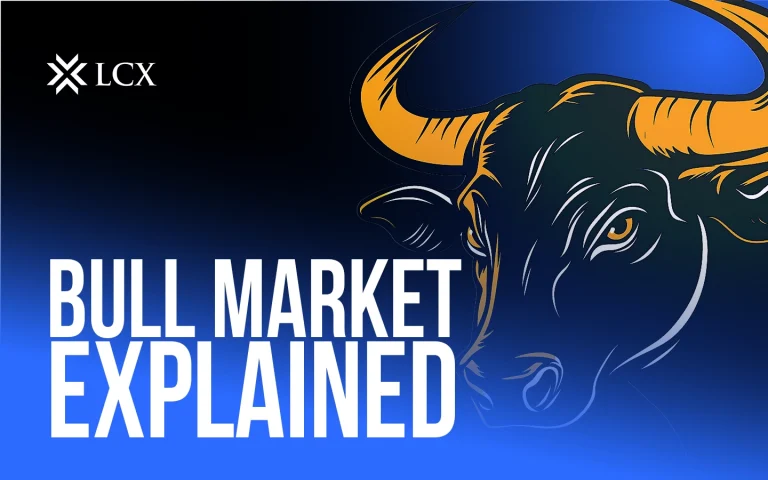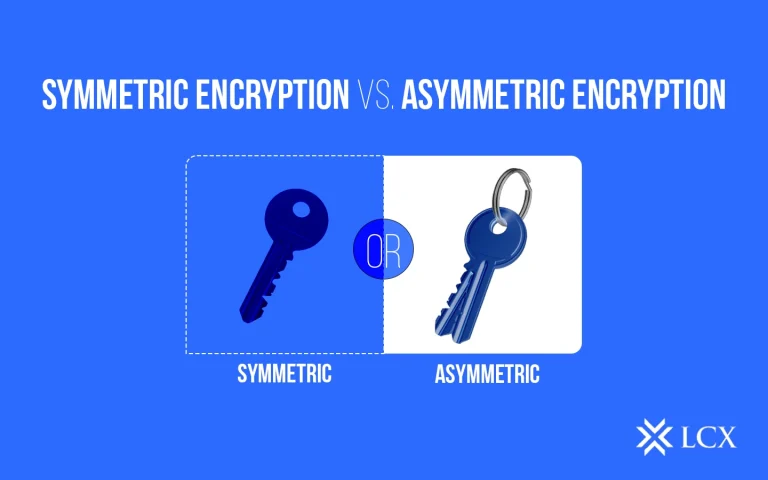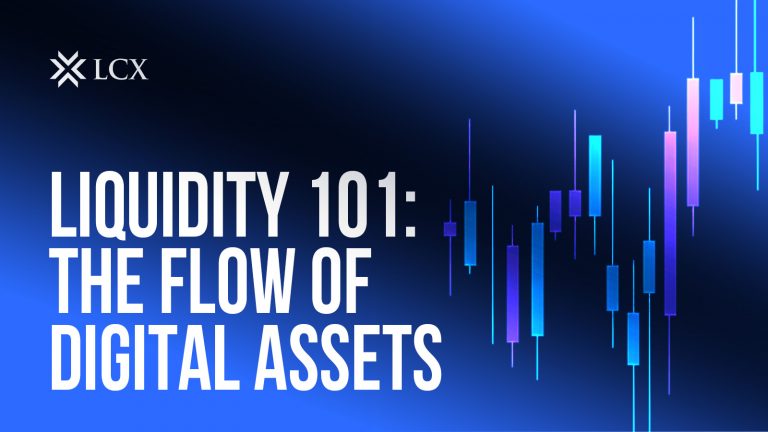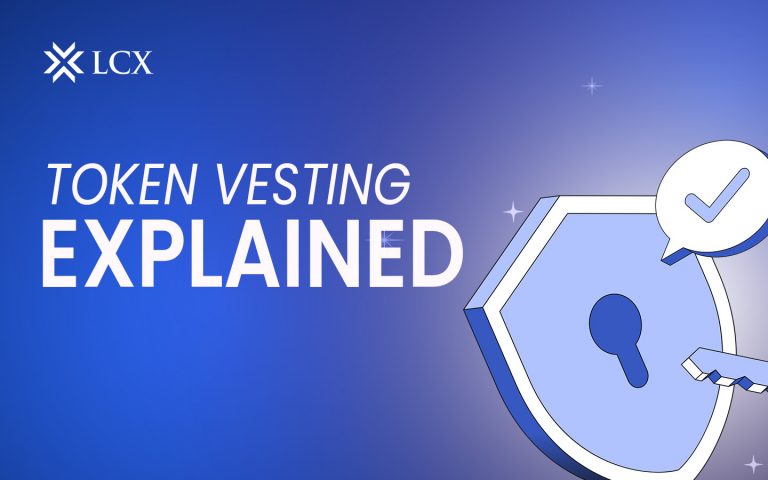Cryptocurrencies have captured the attention of investors, traders, and customers alike. These digital assets are decentralized and operate independently of governments and traditional financial institutions. However, as cryptocurrencies have gained in popularity, regulators have begun to take notice and consider how to govern this new asset class. In a nutshell, regulations for crypto assets mean more transparency and security for users, which ultimately will drive more business for the crypto assets. Even today, what keeps consumers more aligned with traditional finance than crypto is the lack of rules and regulations within the crypto ecosystem.
Regulation is a double-edged sword for the crypto industry. On the one hand, regulations can provide legitimacy to the industry and attract institutional investors who may have been hesitant to enter a largely unregulated market. On the other hand, regulations may stifle innovation and make it more difficult for new startups to enter the space.
Crypto Exchange Regulations: Ensuring security and transparency in the digital currency market
Cryptocurrency assets have taken over the world in a short amount of time. They have transitioned from being niche products to having a mainstream presence in the global economic market. Since cryptocurrency is now a big part of the global investment scene, regulating it would give investors a sense of safety and security. Regulations would put a stop to crypto institutions’ malpractice and negligence. The right rules would help provide a safe space for innovation while keeping investors’ assets safe.
Regulations within the crypto industry would help to protect consumers by establishing clear rules on how these exchanges should operate. This will curb fraud and malpractice, which are rampant in unregulated crypto exchanges. Curbing fraud and financial misconduct will help promote trust and confidence in the cryptocurrency market. When exchanges are subject to clear rules and oversight, it can help to assure investors and users that their funds are safe and that they are dealing with legitimate businesses. This can help get more people to use cryptocurrency, which is important for its growth and success in the future.
Regulation is crucial for sustainability. Any exchange that doesn’t follow rules and laws can’t last and may have to use customer funds to pay off its debts at any time. Without any rules in place, the exchange shows that it is not made to make sure that businesses are solvent and that money is managed well. Regulations will help provide a level playing field for all participants in the cryptocurrency market. Setting clear rules and standards for operations will establish a healthy and vibrant trade market.
If users are not prioritizing regulated and compliant exchanges over unregulated ones, then they are courting insolvency and the loss of personal assets and data.
LCX: Gateway to a Safe, Regulated, Secure, and Transparent Exchange
With all the uncertainty and lack of transparency outside, LCX offers the stability that the consumer needs. Here’s a brief overview of why LCX stands out:
Regulated under Liechtenstein blockchain laws: LCX is a regulated cryptocurrency exchange, registered with the Financial Market Authority of Liechtenstein (FMA), which means it is regulated. In LCX, the consumer funds are segregated from the company funds, and in the event of insolvency or mismanagement within LCX, the consumer funds are safe by law. Learn more about how LCX is regulated by law.
Audited by independent third-party audits: LCX believes in independent audits to enhance transparency and security. LCX’s financials are audited by Grant Thornton and NSF Services Trust. All the financial details of LCX, like proof of customer funds and proof of reserves, are thoroughly audited at regular intervals. Learn more about LCX’s Auditor
Secure and transparent: LCX values the security of the consumer’s assets the most, and thus the LCX platform has been built and operates with multiple layers of protection and industry-leading security protocols to ensure the safety of our users’ data and assets.
Concluding Thoughts: Regulations provide much-needed stability and accountability for cryptocurrency exchanges
Regulations help protect consumers in the volatile world of cryptocurrency exchanges. Unregulated exchange platforms lack security, which leads to hacks and scams and pushes the growth of the industry back by ten years. Regulated exchanges will bring order to the market, help instill consumer confidence, and provide a safe space for useful innovation to continue.










